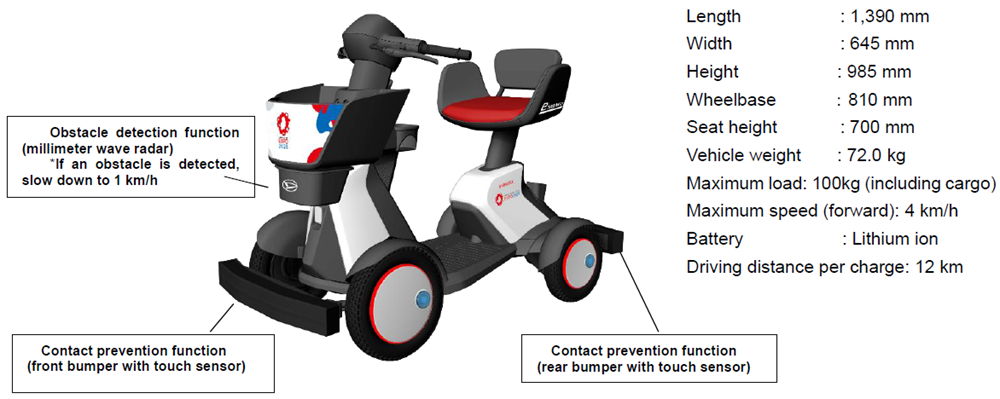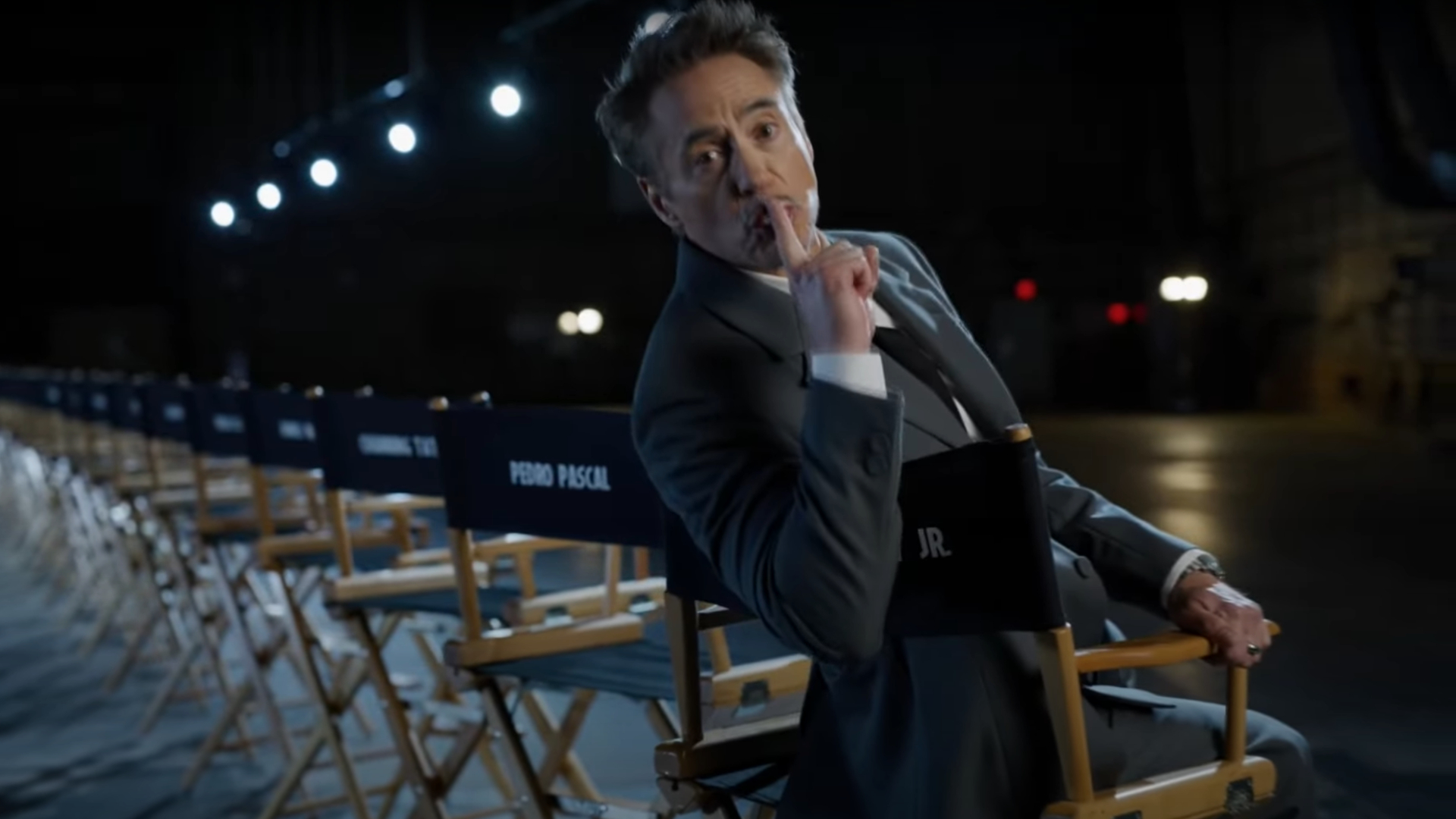The Art of the Sellout: Trump is giving away the store in Ukraine
If Trump were truly the master negotiator he claims to be, he would understand that you don’t start by announcing what you’re willing to concede for free.

From the moment President Trump was reelected, it was clear that his approach to Ukraine would be betrayal.
This week, Trump proved it beyond doubt in statements about the war that were not just a capitulation to Russian propaganda but a fundamental misreading of American interests. The reckless shift confirms that the president’s instincts are dangerously misaligned with the realities of global power.
There have always been two ways to look at the Ukraine War. One view holds that Russia is an aggressor and that appeasing President Vladimir Putin would be akin to the infamous Munich Agreement of 1938 — an act of weakness that would only embolden him to push further, perhaps into Moldova, the Baltics or even beyond. Under this logic, Ukraine’s fight is not just about its own survival but about the security architecture of Europe and the credibility of NATO.
The other perspective, to which Trump evidently subscribes, argues that while Russia’s invasion was wrong, Ukraine’s pre-war borders were, to some extent, artifacts of Soviet history — drawn sometimes arbitrarily and not inherently sacrosanct. Under this view, Russia had legitimate fears about a NATO presence so close to Moscow, and the best outcome now would be a negotiated settlement that recognizes some of Russia’s territorial gains while ensuring Ukraine’s security through EU membership and other guarantees.
One can believe in either of these positions. Both are intellectually defensible. But Trump’s approach isn’t just about choosing one framework over the other but about adopting the worst possible execution of any framework at all.
If America’s goal is a negotiated settlement to end the war, it would have to be done carefully, with Ukraine and Europe as central players. Instead, Trump is cutting deals with Putin over Ukraine’s head, sidelining European allies and making concessions before negotiations have even begun.
This is at best amateurish, and at worst a reckless betrayal, not only of Ukraine but also of the very principles of Western leadership.
Even more disturbingly, Trump and his Cabinet puppets have begun echoing Putin’s rhetoric. This week, Trump suggested that Ukraine “started” the war, a blatant falsehood that aligns neatly with the Kremlin’s propaganda. He baselessly claimed that Zelensky has a 4 percent approval rating — another fabrication that Russia’s state media immediately amplified.
Trump even leaned into the idea that Ukraine’s wartime suspension of elections calls its legitimacy into question, a talking point that conveniently mirrors Putin’s recent attempts to delegitimize Zelensky. It is patently absurd not only because the suspension of elections is based in Ukrainian law, but also because Putin is a dictator whose own “elections” are an obvious sham.
Then there was the NATO debacle. Trump’s team has all but stated that Ukraine will never be allowed to join the alliance. Whether or not one believes that Ukrainian NATO membership is "realistic," abandoning it publicly and unilaterally removes a key bargaining chip from the table. It is an unnecessary giveaway — diplomatic malpractice of the highest order. If Trump were truly the master negotiator he claims to be, he would understand that you don’t start by announcing what you’re willing to concede for free.
At least in 1945 at Yalta, President Franklin D. Roosevelt was bargaining with a Soviet Union that was on somewhat equal footing with America. The U.S. had endured a world war, and Stalin’s forces had already occupied much of Eastern Europe. Trump, by contrast, is handing Putin what he wants for free. He is neither recognizing Ukraine’s legitimate need for security nor extracting meaningful concessions from Russia. Instead, he is recklessly giving away American leverage.
Why is Trump doing all this? Among the possible reasons are his long-standing admiration for autocrats like Putin, his deep-seated belief that allies are burdens and his instinctive hostility toward both NATO and the European security order. There’s also the possibility of personal financial entanglements.
Beyond all this, there may be a deeply personal element: revenge. Ukraine played a role in Trump’s first impeachment, and Trump never forgives. That was an insult that must be repaid in kind.
All this points to a bigger problem: Trump is a menace to the global world order that America built and that has more-or-less kept the peace since World War II.
And yet, there is one kernel of strategic truth in Trump’s broader stance. The U.S. does spend too much time cajoling wealthy European nations into paying their fair share for defense. It is absurd that America still carries such a disproportionate burden for Europe’s security. Trump’s crude methods aside, there is a legitimate case to be made that Europe should take more responsibility for its own military capabilities.
However, recognizing this reality does not justify the way Trump is handling the situation. Strategically encouraging European defense autonomy is different than abandoning allies while placating an adversary. Instead of forcing Europe to step up responsibly, Trump is making Ukraine and the region more unstable, all while strengthening Putin’s hand.
Perhaps the most disgraceful aspect of Trump’s position, though, is his attempt to turn American military aid into a transactional shakedown. The administration has suggested that Ukraine should “pay back” U.S. assistance with the nation’s supply of rare earth minerals. This is grotesque. If the U.S. helps Ukraine, it should do so because it of strategic interest or moral imperative, not because it expects some material kickback. Turning military aid into an extortion scheme cheapens America’s role on the global stage. It is a terrible and dangerous message.
So what now? First, Trump needs to stop talking about Ukraine. Every word he utters on this subject undermines American leverage, destabilizes Europe and strengthens Putin’s position.
Second, Europe needs to assume responsibility for Ukraine’s future. If NATO membership is off the table for now, then the EU should make an unequivocal commitment: Ukraine’s accession to the EU will be fast-tracked, with economic and security guarantees that render Russia’s territorial gains hollow in the long run.
America was once the leader of the free world. Trump seems to consider that a job for suckers. If he continues on this abominable path, he won’t just be remembered as the president who betrayed Ukraine but as the man who forever destroyed America’s reputation.
Dan Perry is the former Europe-Africa editor and Middle East editor of the Associated Press, the former chairman of the Foreign Press Association in Jerusalem and the author of two books. He first visited and reported on Russia and Ukraine in the early 1990s.











































































